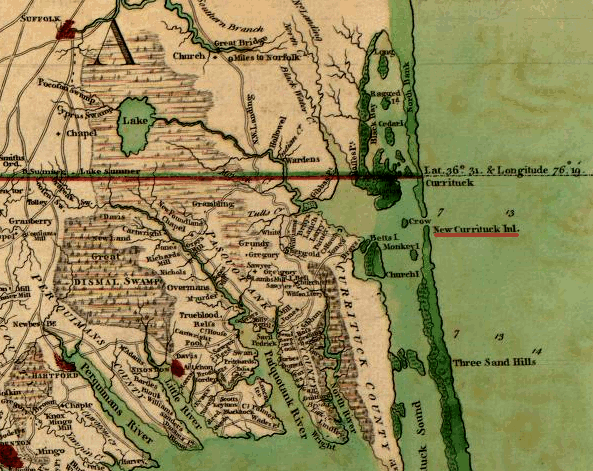
Short little New Yorker article on the problems of anonymous testers, the validity of experts within a field, and the Michelin Guide in North America.
http://www.newyorker.com/reporting/2009/11/23/091123fa_fact_colapinto?currentPage=all
The original Guide Michelin was developed by André Michelin, an engineer, and his younger brother, Édouard. Born into a wealthy manufacturing family in Clermont-Ferrand, the brothers, in 1895, presented a new design for a pneumatic tire for cars. Automobiles were still a rarity on roads in France. The brothers had the idea that a guidebook to hotels in the French countryside would encourage people to climb into a car (equipped with Michelin tires) and hit the open road. The first edition, published in 1900, was a five-hundred-and-seventy-five-page alphabetical listing of towns throughout France and the distances between them, with recommendations for hotels and places to refuel, and instructions on how to change a flat. In a preface to the first edition, André wrote, “This work comes out with the century; it will last as long.” In 1933, the Michelin brothers introduced the first countrywide restaurant listings and unveiled the star system for ranking food, with one star denoting “a very good restaurant in its class”; two stars “excellent cooking, worth a detour”; and three stars “exceptional cuisine, worth a special journey.”
...
Bernard Loiseau, the chef and owner of La Côte d’Or, once told a fellow-chef that if he ever lost one of his Michelin stars he would kill himself. Loiseau had made a life’s ambition of becoming a three-star chef, a goal he achieved in 1991, seventeen years after arriving at La Côte d’Or. His ranking led to a line of frozen food bearing his name and likeness, and the Legion of Honor, awarded by President François Mitterrand. But by 2002 Loiseau’s classic cooking was losing ground to trendier fusion styles, business was slowing, and he was swimming in debt. As Rudolph Chelminski relates in his 2005 book “The Perfectionist,” the food writer François Simon published a story in Le Figaro hinting that Loiseau was on thin ice with Michelin. Loiseau, who had suffered periodic depression for years, sank into despair. In early February, 2003, he was notified by Michelin that he would keep his third star. Still, Simon wrote another piece, in which he suggested that Loiseau and his third star were “living on borrowed time.” Two and a half weeks later, after a day at work in the kitchen, Loiseau killed himself with a shotgun blast to the head. He was fifty-two.
Loiseau’s death ushered in a dark period for the guide. In early 2004, an inspector named Pascal Rémy broke the company’s code of silence when he published a book based on a diary that he had kept of fifteen years on the road as a Michelin inspector in France. (Rémy, having notified Michelin of his plans to publish, was fired; he later sued.) Rémy’s book, “L’Inspecteur Se Met à Table” (“The Inspector Sits Down at the Table”), described the inspector’s life as one of loneliness and underpaid drudgery, driving around the French countryside for weeks on end, dining alone and under intense pressure to file reports. Michelin had always hinted that it employed roughly a hundred inspectors to cover Europe, but Rémy claimed that it employed only eleven within France when he was first hired, in 1988—a number that had shrunk to five by the time he left, in 2003. Contrary to Michelin’s assertion that every starred restaurant was revisited several times a year, Rémy said only one visit every few years was possible. Furthermore, he wrote, the guide played favorites—most notably with Bocuse, whose restaurant in Lyons was known, according to Rémy, to have declined drastically in quality yet continued to hold three stars. Rémy’s revelations made the front page of Le Monde. Derek Brown, the director of the guides at the time, denied Rémy’s assertions in an interview in the Times, but he remained vague about how many full-time inspectors the guide employs in France and offered an anemic rebuttal to Rémy’s claim that certain three-star chefs were untouchable: “There would be little sense in saying a restaurant was worth three stars if it weren’t true, if for no other reason than that the customer would write and tell us.”
...
Linda Bartoshuk, a professor of community dentistry and behavioral science at the University of Florida, has for more than three decades done research into genetic variations in the perception of taste. Through studies of the disposition and the density of taste buds on the tongues of test subjects, Bartoshuk has divided people into three categories: supertasters, tasters, and non-tasters. Most food and wine experts would fall into the “taster” category. (Supertasters, despite their name, have too many taste buds and are thus oversensitive to flavor, and tend to prefer bland foods; non-tasters can eat an exquisite risotto and say, “Eh.”) I asked Maxime if she believed that she had some biological advantage when it came to tasting and discerning flavors. “You could argue that the inspectors have some biological makeup, or you could argue that they eat so much that they have the grounds for comparison,” she said. “And they have their training, the professional training.”
Michelin Guide North American website: http://www.michelinguide.com/us/famously_anonymous/method.html
Two restaurants mentioned in the article:
Daniel (3 star)
JoJo (1 star that fell to none recently)







